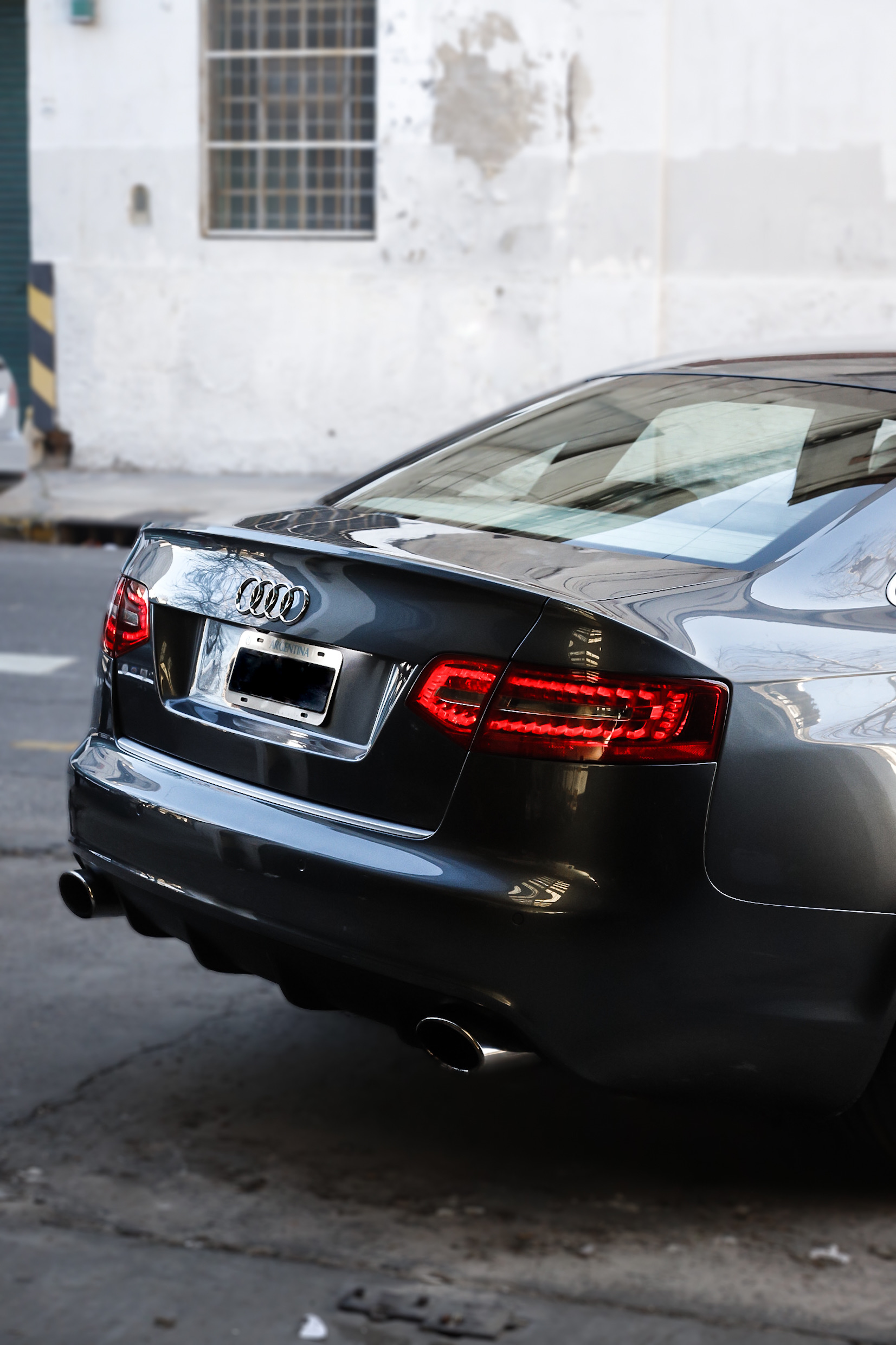If you’re a car enthusiast looking to upgrade your engine’s performance, the choice between hypereutectic and forged pistons is an important decision to make. While both options have their advantages, understanding the differences between these two types of pistons will help you make an informed choice. Whether you prioritize durability and strength or are seeking a cost-effective option, this article will explore the key characteristics of hypereutectic and forged pistons, providing you with the knowledge you need to enhance your car’s performance.

Weight
Hypereutectic Pistons
Hypereutectic pistons are known for their lightweight construction. They are made from an aluminum alloy that has a high silicon content, which contributes to their reduced weight. The lower weight of hypereutectic pistons results in less reciprocating mass, which improves engine performance. With lighter pistons, the engine can rev up more quickly, leading to better throttle response and increased horsepower.
Forged Pistons
On the other hand, forged pistons are generally heavier compared to hypereutectic pistons. They are typically made from forged aluminum or steel, which adds to their weight. While the added weight may seem disadvantageous, it actually has its benefits in certain applications. The extra weight of forged pistons can provide more stability and reduce vibration, especially in high-performance engines that operate at high RPMs.
Material Composition
Hypereutectic Pistons
Hypereutectic pistons are composed of an aluminum alloy with a high silicon content. This material composition gives them excellent thermal expansion characteristics. The high silicon content in the alloy allows the pistons to have a lower coefficient of thermal expansion, meaning they expand and contract less with temperature changes. This thermal stability is crucial in preventing piston seizure and reducing wear on the cylinder wall, ultimately leading to increased engine longevity.
Forged Pistons
Forged pistons, as the name suggests, are made through a forging process. They are typically constructed from either forged aluminum or forged steel. This manufacturing method results in a denser and stronger material compared to hypereutectic pistons. The increased strength of forged pistons makes them more resilient to the stresses and forces experienced during high-performance applications. This strength allows them to withstand higher compression ratios and higher power outputs without the risk of failure.
Strength and Durability
Hypereutectic Pistons
While hypereutectic pistons may not match the sheer strength of forged pistons, they still offer a considerable level of durability. The high silicon content in the aluminum alloy increases the hardness and wear resistance of the pistons. This hardness helps prevent scuffing and reduces wear on the piston skirts, ensuring a longer lifespan for the pistons. Additionally, hypereutectic pistons have superior resistance to heat-induced expansion, reducing the risk of piston slap and cylinder bore damage.
Forged Pistons
Forged pistons are renowned for their exceptional strength and durability. The forging process creates a material with improved structural integrity, making forged pistons highly resistant to cracking and deformation. This strength makes them suitable for high-performance engines that generate substantial heat and compression forces. Additionally, forged pistons have low silicon content, which provides excellent lubricity and reduces friction between the piston and cylinder wall, further enhancing their durability.
Heat Resistance
Hypereutectic Pistons
Hypereutectic pistons have impressive heat resistance properties, thanks to their high silicon content. This attribute allows them to operate at higher temperatures without sacrificing performance or durability. The thermal stability of hypereutectic pistons prevents them from expanding excessively as engine temperatures rise, thus minimizing the risk of piston seizure. This heat resistance also contributes to improved combustion efficiency and reduced heat transfer to the engine oil, leading to better overall engine performance.
Forged Pistons
Forged pistons excel in heat resistance as well, primarily due to their denser material composition. The forging process creates a stronger material that can withstand higher temperatures without compromising its structural integrity. This increased heat resistance enables forged pistons to operate under high-compression conditions without the risk of failure. With better heat management, forged pistons contribute to improved engine efficiency by minimizing heat losses and optimizing combustion.

Cost
Hypereutectic Pistons
Hypereutectic pistons are generally more cost-effective compared to forged pistons. The manufacturing process for hypereutectic pistons involves casting rather than forging, resulting in lower production costs. The use of an aluminum alloy with a high silicon content also contributes to the affordability of hypereutectic pistons. Their cost-effectiveness makes them a popular choice for everyday vehicles and engines that don’t require extreme performance.
Forged Pistons
Forged pistons, on the other hand, tend to be more expensive than hypereutectic pistons. The forging process and the use of stronger materials add to the production costs. However, the added expense is justified by the enhanced strength, durability, and performance capabilities of forged pistons. Their superior construction makes them a preferred choice for high-performance applications, where reliability and performance are paramount.
Customization Options
Hypereutectic Pistons
Hypereutectic pistons offer limited customization options compared to forged pistons. Due to the casting process, it is more challenging to make significant modifications to the design or shape of hypereutectic pistons. However, they can still be customized to a certain extent, allowing for variations in compression ratios and bore sizes. Hypereutectic pistons are commonly available in standard sizes to fit various engine applications without the need for extensive modifications.
Forged Pistons
Forged pistons provide extensive customization options due to their manufacturing process and material properties. The forging process allows for greater flexibility in shaping and design modifications, facilitating the creation of pistons tailored to specific engine requirements. Customized features such as valve reliefs, skirt coatings, and compression ratios can be easily incorporated into the design of forged pistons, making them highly adaptable to a range of engine setups.

Applications
Hypereutectic Pistons
Hypereutectic pistons are commonly found in everyday vehicles and engines that prioritize fuel efficiency and reliability. Their lightweight construction and cost-effectiveness make them suitable for a wide range of applications, from compact cars to commercial vehicles. Hypereutectic pistons are particularly well-suited for engines with moderate horsepower outputs and lower operating temperatures.
Forged Pistons
Forged pistons are favored in high-performance applications that demand exceptional strength and durability. Their ability to withstand high temperatures and compression forces makes them ideal for engines used in racing, performance vehicles, and turbocharged or supercharged setups. With their customized design capabilities, forged pistons can be tailored to specific power goals and engine configurations, providing optimal performance in demanding conditions.
Advantages
Hypereutectic Pistons
Hypereutectic pistons offer several advantages. Firstly, their lightweight construction improves engine responsiveness and increases horsepower. Secondly, their thermal stability reduces the risk of piston seizure and cylinder bore damage, resulting in improved engine longevity. Lastly, the cost-effectiveness of hypereutectic pistons makes them a practical choice for everyday vehicles and engines.
Forged Pistons
Forged pistons come with their own set of advantages. Their superior strength and durability make them highly resilient to high temperatures and compression forces, ensuring reliable performance in demanding conditions. The ability to customize various piston parameters allows for precise engine tuning and optimization. Additionally, the low silicon content in forged pistons promotes better lubrication and reduces friction, leading to improved engine efficiency.

Disadvantages
Hypereutectic Pistons
While hypereutectic pistons have numerous advantages, they also have some limitations. Their lightweight construction may not be suitable for engines that require extra stability or vibration damping. Additionally, the limited customization options may restrict their use in specialized engine configurations. Hypereutectic pistons are also more susceptible to damage from detonation or pre-ignition, requiring proper tuning and fuel control to mitigate these risks.
Forged Pistons
Forged pistons, despite their many advantages, have a few drawbacks. The added weight of forged pistons can impact engine responsiveness and throttle response, especially in lower RPM ranges. The higher cost of production makes forged pistons less accessible for budget-conscious individuals or everyday vehicles that don’t require extreme performance capabilities. Lastly, the denser material composition of forged pistons may contribute to increased noise and vibration levels.
Conclusion
Choosing the right pistons for your car ultimately depends on your specific needs and requirements. Hypereutectic pistons offer lightweight construction, thermal stability, and affordability, making them a suitable choice for everyday vehicles. On the other hand, forged pistons excel in strength, durability, and customization options, making them ideal for high-performance applications. Consider factors such as engine type, intended use, and budget when deciding between hypereutectic and forged pistons. By selecting the appropriate pistons, you can optimize your engine’s performance, reliability, and longevity.

